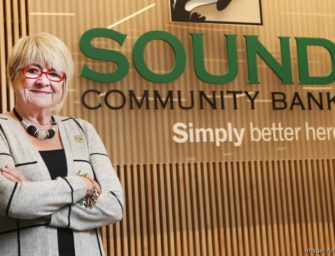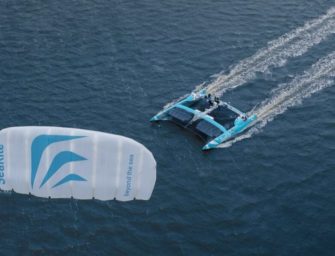How San Francisco’s New Breed of Founders Is Redefining Leadership Culture
In the heart of San Francisco, where start-up dreams and venture capital collide, a quiet shift is underway. A new generation of founders is rewriting the rules of leadership—not with grand declarations or public manifestos, but through the way they build, lead, and live. These entrepreneurs, often in their late twenties to early forties, are not trying to replicate the styles of iconic tech titans from decades past. Instead, they are embracing vulnerability, empathy, flexibility, and purpose as central pillars of leadership.
Leading with empathy: the rise of the emotionally intelligent founder
Gone is the stereotype of the always-on, sleep-deprived CEO barking orders from behind a laptop in a glass office. Today’s emerging leaders are more likely to talk openly about therapy, burnout, and imposter syndrome than profit margins or valuation. They don’t see mental health as a perk but as a foundation. Many of them are building workplace cultures around human connection, offering team-wide mental health days, encouraging asynchronous work schedules, and normalizing the phrase “I don’t know” in leadership meetings.
These founders tend to reject rigid hierarchies in favor of flatter, more collaborative structures. Titles are looser, and employees often have more room to explore cross-functional roles. Leadership is less about control and more about facilitating creativity and trust. This doesn’t mean a lack of structure, but a willingness to adapt, iterate, and co-create strategy with the team instead of dictating it from the top.
Transparency is another defining trait. Company metrics, financials, and strategic decisions are more openly shared, even with junior staff. In some cases, internal salaries are fully transparent. The reasoning is simple: a more informed team makes better decisions and feels more engaged in the mission. It’s a bet on trust over secrecy.
Work-life balance as a strategic advantage
Flexibility is also key. These new founders often design remote-first or hybrid companies from day one, not as a compromise but as a conscious choice. They respect individual working rhythms and prioritize output over hours spent online. It’s not uncommon to hear of founders who actively discourage weekend Slack messages, or who take extended breaks to travel, recharge, or even just disconnect.
This softer, more human style of leadership doesn’t mean less ambition. On the contrary, many of these startups aim for significant impact—whether in climate tech, health, education, or equity-focused platforms. But the path to success is no longer paved with endless hustle and hyper-competitive posturing. Instead, there is a growing belief that sustainable innovation requires sustainable people.
Of course, not everyone is on board. Some investors and industry veterans view this leadership style as naive or too idealistic. Others worry that the pendulum has swung too far toward comfort at the expense of performance. But for these new founders, the point isn’t to be universally accepted. It’s to build companies that reflect their values and allow people to do meaningful work without losing themselves in the process.
In a city where disruption is the norm, this evolution in leadership may be one of the most impactful shifts yet—quiet, slow-burning, but potentially transformative. The leaders of tomorrow are not shouting to be heard. They’re listening first, leading with care, and changing the culture from within.
Photos : creamofthecropleaders.com
















There are no comments
Add yours